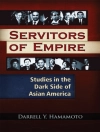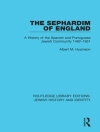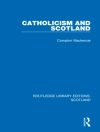This electronic version has been made available under a Creative Commons (BY-NC-ND) open access license. While developments in the 1990s saw Germany move away from its rigidly prohibitive stance towards the use of force, Berlin’s policy in the war on terrorism suggested that Germany may be retreating into a new form of self-imposed restraint. In this first major English language study of German security policy after Iraq, Kerry Longhurst considers the evolution of Germany’s peculi...
İçerik tablosu
Introduction – The past as prologue 1. On strategic culture 2. Stunde Null and the the construction of West German strategic culture 3. Germany and The use of force I...
Yazar hakkında
Kerry Longhurst is Lecturer in German and European Security at the Institute for German Studies and Assistant Director of the European Research Institute at the Unive...












